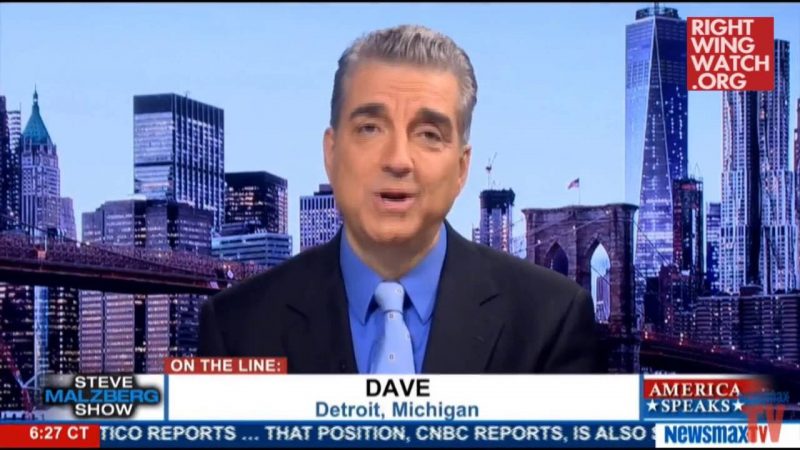The Heritage Foundation’s Daily Signal reported on Tuesday that conservative scholar Charles Kesler warned of a “crisis of the two Constitutions”—liberal and conservative—and said that failure to win through persuasion or to reinvigorate federalism could lead to secession or war.
Speaking on a panel about the Constitution during the 2018 Bradley Symposium at the Heritage Foundation, Kesler promoted a conservative originalist approach to the 18th Century Constitution:
He described one Constitution, the original 1787 document as amended, as steeped in natural rights and limited government. This one, he said, is also the “conservatives’ Constitution.”
The other one is the “living Constitution,” or what he called “the liberals’ Constitution.”
“The living Constitution implies that the other Constitution is a dead Constitution, or at least is on life support, and that it must be transformed, it must be infused with new meaning, new ends and to some degree new means and institutions, to be kept alive in order to be a vital part of our politics,” Kesler said.
Kesler said that a “cold civil war” broke out when conservatives fought back:
The conservatives who began an epic campaign against the inevitable emergency of the living Constitution had in common the desire, the duty to oppose the gradual disappearance of limited government from American political life. When it became clear in the ’50s and especially in the ’60s that the surrender was off, the cold civil war was on.
According to The Daily Signal, “Kesler outlined five possible ways to resolve the cold civil war”:
One is to change the subject. Another is to change minds through persuasion, until one side wins. A third is a “reinvigorated federalism” that allows blue states and red states to address issues differently and coexist with minimal interference from the U.S. government. The others are more undesirable: secession or war.
“It’s possible we could agree to disagree in separate countries,” Kesler said. “Although that would be extremely difficult because succession, as we know from our history, leads to the fifth and final possibility—war.”









